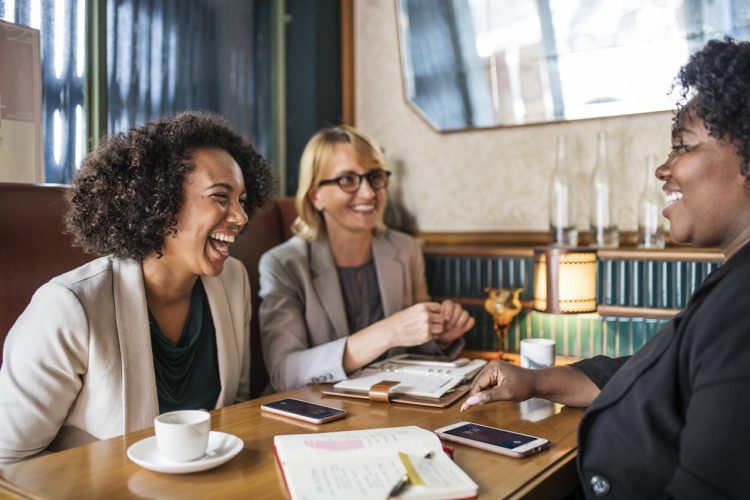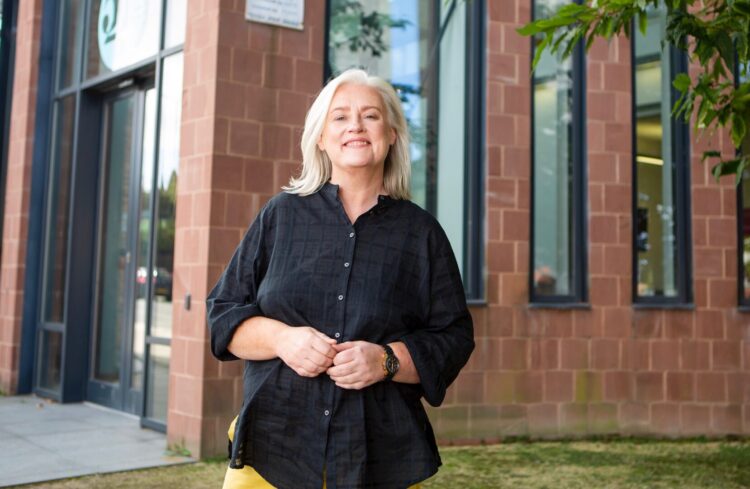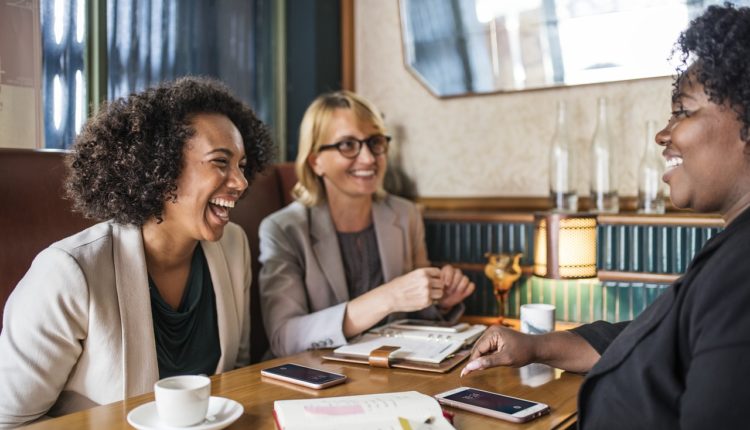Based in Liverpool, social enterprise The Women’s Organisation says a £1.6bn investment into supporting women by Rishi Sunak could boost the UK economy by £8bn. Tony McDonough reports

Liverpool social enterprise The Women’s Organisation is calling on Chancellor Rishi Sunak to invest £1.6bn to support 2m women in the UK – a move it claims would boost the UK economy by £8bn.
Throughout the COVID-19 pandemic, the award-winning organisation has consistently highlighted how the crisis has affected women across the UK disproportionately. It is urging Mr Sunak to start making changes to the “flawed system” in his Budget this week.
Drawing on research data set published in the Rethinking the Economy for an Inclusive and Sustainable Future report, The Women’s Organisation offers a series of recommendations around how women, BAME people and social enterprises can play a “pivotal” role in the UK’s recovery.
Through projects such as Enterprise Hub in the Liverpool city region, and Excelerate Labs in Manchester, The Women’s Organisation offers advice and business start-up support to thousands of people each year. Chief executive Maggie O’Carroll said, that with extra Government investment, that work could be expanded even further.
“We are urging the Government to make changes throughout a flawed system which has consistently left women behind,” she explained.
“We must use this opportunity to build back differently and ensure women are given an equal chance to influence and implement policy and gain fair access to financial support, which in turn, will improve daily life and support a healthy economy.”
Research shows that during national and local lockdowns, women have been at the forefront of the COVID-19 battle. Making up 77% of NHS workers, 83% of care workers and home carers, and 54% of all key workers, women also carry out an average of 60% more unpaid care than men.
As cases of violence again women increase under lockdown, BAME workers are more likely to be in low paid and insecure work, and mothers remain at risk of losing their jobs due to inadequate childcare.
The Women’s Organisation recommends three main pathways to reposition women and BAME people in the UK recovery process and beyond:
- Embed a culture of inclusivity, diversity, and gender equality across policy making.
- Invest £1.6bn in a national programme of employment and business support to be implemented locally to help more than 2 million women who lost their jobs and businesses during Covid, resulting in an £8bn economic return.
- Reposition the care sector as a high value social and economic contributor to the UK economy and significantly expanding childcare support.
COVID-19 has generated substantial uncertainty for UK businesses, which are navigating new financial and operational challenges. Some fear many firms are only being kept afloat by the Government business support schemes.

The impact of these support schemes on UK businesses will only reveal itself in the long term, as UK banks warn to prepare for the collapse of hundreds of thousands of small firms when the support eventually comes to an end.
Given research attributes 60% of new growth within the UK to women, which increases to 80% when gender balance is supported through policy or law, The Women’s Organisations says there are clear opportunities for growth despite disparities in the business sector.
Ms O’Carroll added: “Although parts of the social and economic landscape have suffered due to the pandemic, it is important to recognise how social enterprises and micro businesses have risen to the unprecedented challenges.
“The growth of self-employment and the creation of micro businesses was a central feature of the recovery from the 2008-2009 recession, highlighting how micro business creation is likely to be a key driver in economic recovery.
“By providing good quality, sustainable jobs in local communities, micro businesses are tackling the mass unemployment caused by COVID-19 and generating significant social and economic dividends.”
Liverpool councillor Joanne Anderson is backing the recommendations. She said: “The recommendations offer a fresh take on how to invest in our communities and begin to build a sustainable and inclusive economy where everyone gets an opportunity to thrive.
“We want women, BAME groups and people with disabilities to be valued for their contributions, not completely disregarded when it comes to education, childcare and financial support opportunities.”

